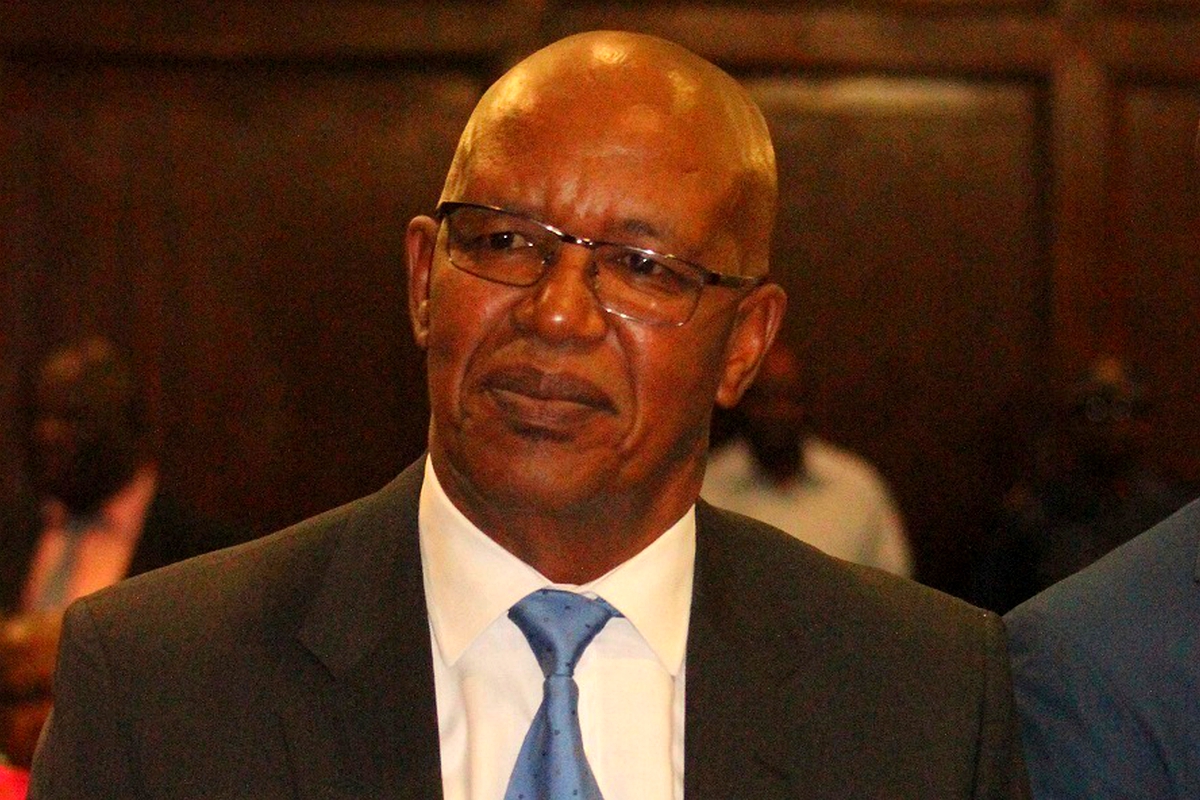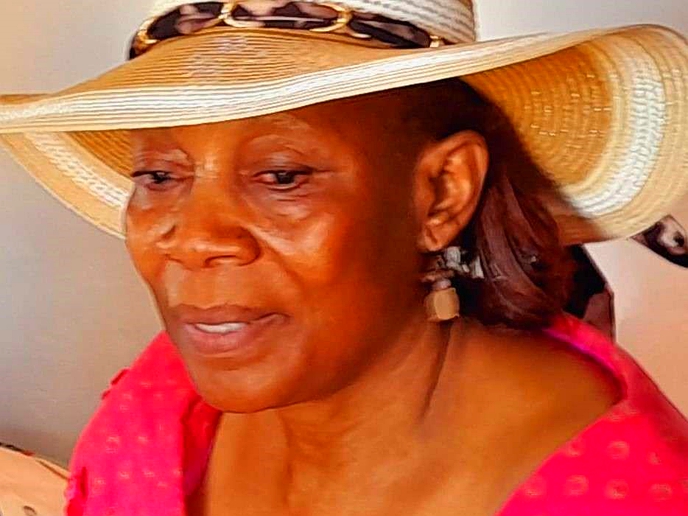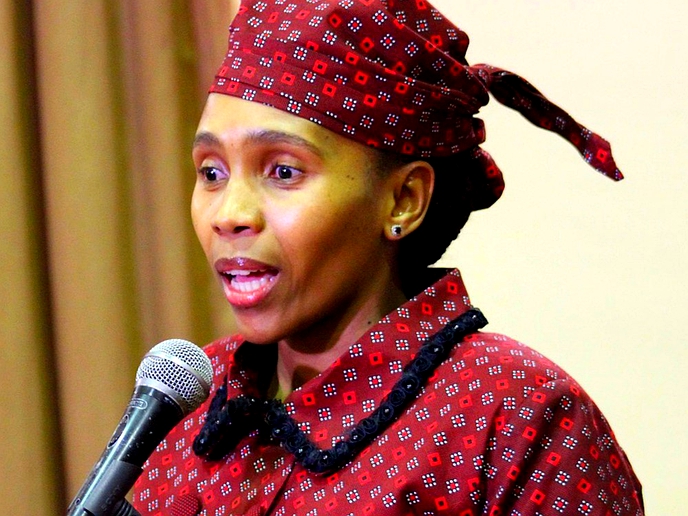NTLHANE Sehloho, a member of the Lesotho Nurses Association (LNA), says most diabetic patients take a long time to accept their illnesses, adding that they urgently need guidance to manage their condition.
health
Nov. 16, 2021
LINEO MABEKEBEKE
4 min read
Diabetic patients take longer to accept condition – health expert

The Minister of Health, Semano Sekatle
Story highlights
He made these remarks during the World Diabetes Day that was commemorated in Maseru on November 14.
The World Diabetes Day provides an opportunity to raise awareness of diabetes as a global public health issue and what needs to be done, collectively and individually, for better prevention, diagnosis and management of the condition.
Mr Sehloho said it is not easy for the patients to accept their condition, adding that they grieve and go through many stages making it difficult to cope if they do not get the essential support.
“At the health centres, health care workers need to comprehend these patterns and make their patients accept their condition,” he said.
This year’s edition of the World Diabetes Day took place at the end of a year which has been intensive in terms of global advocacy for diabetes.
The World Health Organisation (WHO) and partners have used the opportunity of the 100th anniversary of the discovery of insulin to highlight the huge gap between the people who need access to insulin to control their diabetes, as well as essential technologies such as blood glucose metres and test strips, and those who actually have access.
Speaking at the same event, Moliehi Mokoloko, a Maseru woman who lives with diabetes, said Lesotho is at a huge risk as many young Basotho of both sexes live with the disease.
She said while the numbers of patients are increasing, many are however, not even aware of their condition.
For his part, the Minister of Health, Semano Sekatle said people living with diabetes require ongoing care and support to manage their condition and avoid complications.
“It is important to attend appointments, never miss them, and manage the condition with healthy lifestyle choices. Staying active and eating healthy diet will reduce the risk of complications from the diabetes,” the minister said.
Mr Sekatle also highlighted the importance of having adequate information and knowledge about the incurable disease, adding that its symptoms include among others, an unquenchable thirst.
The commemoration of the global event also comes at a time when the world continues to live through the COVID-19 pandemic, which has not only resulted in a high proportion of people with diabetes among hospitalised patients with severe manifestations of COVID-19 and among those who have succumbed to the virus, but has also led to severe disruption of diabetes services.
Often times, there no notable symptoms of diabetes. Most early symptoms are from higher-than-normal levels of glucose, a kind of sugar in one’s blood.
Enjoy our daily newsletter from today
Access exclusive newsletters, along with previews of new media releases.
The warning signs can be so mild that they are not noticeable. That is especially true of Type 2 Diabetes. Medical reports show that some people do not find out that they have it until they get problems from long-term damage caused by the disease.
Reports further show that with Type 1 Diabetes, the symptoms usually happen quickly, in a matter of days or a few weeks and normally they are much more severe too.
Both types of diabetes have some of the same tell-tale warning signs.
They include constant hunger and fatigue, peeing more often and being thirstier, dry mouth and itchy skin as well as blurred vision.
The reports also show that the symptoms of Type 2 Diabetes tend to appear after one’s glucose level has been high for a long time.
Medical reports further show that about 422 million people worldwide have diabetes and the majority of them live in low-and middle-income countries.
They also show that 1.5 million deaths are directly attributed to diabetes each year and both the number of cases and the prevalence of diabetes have been steadily increasing over the past few decades.






